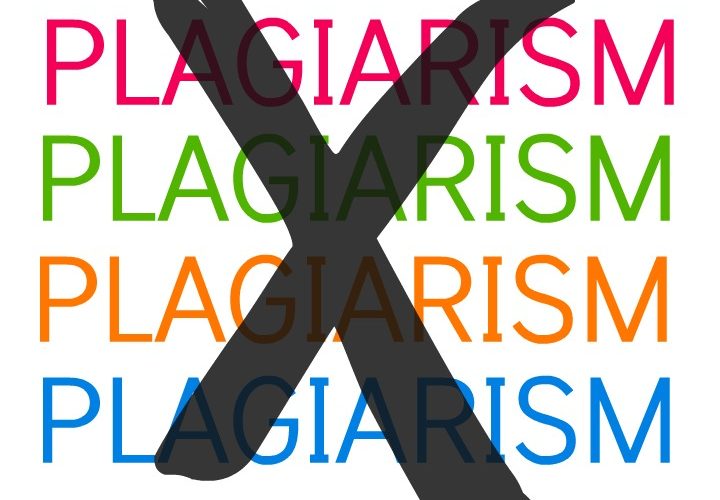
Press Releases + Plagiarism
When it comes to plagiarism, press releases are a gray area for a number of reasons. Press releases are published specifically to relate newsworthy information to journalists. Therefore, there is no reason why a well-written press release can’t be picked up and published as is.
However, media outlets have fired journalists for copying and pasting a press release as an original article. But, many have openly said that a press release can be published as-is as far as they are concerned.
So what is the best policy?
Attribution
Journalists should always cite the original source. This is pretty easy since whatever article they produce will be about the company who issued the press release.
Citation
Journalists could quote directly from the press release, though quoting a quotation, for example, can get a bit awkward.
Lifting quotes
As long as readers know where the quotation comes from, there should be no objections to using it. ‘CEO of ABC Company John Smith said of the merger, “We’re looking forward to combining our strengths and resources to make ourselves even more competitive in this lively marketplace.”’
Why all the fuss?
There are a couple of reasons why this has become an issue, some of which has nothing to do with ethics.
One issue is timeliness. Journalists use press release distribution services to quickly find articles in order to meet his deadlines. When a journalists use a press release word for word as their own article, they are plagiarising, causing an issue of originality.
The second issue has to do with online publication. Search engines will punish duplicate content. What does that mean? One site will get to the top of the search engines for a press release, but everyone else who uses that press release word for word will not be visible on the search engines. Since most news sites use ads and page views as a revenue model, getting few to no page views is not a viable option financially.
Press release plagiarism in the news
The issue of press release plagiarism is the result of a recent scandal related to the White House, which released a press release that contained copied and pasted material from a press release by ExxonMobil.
Perhaps an attribution would have stemmed the tide of criticism, but since none was made, and the paragraph lifted word for word, many reporters cried foul. Apart from a couple of small edits, the work was clearly that of ExxonMobil.
Many in the media world feel this to be lazy, dishonest, careless, and capitalizing unfairly on the work of others.
It also implied for many that the relationship between the White House and “Big Oil” is too close. Finally, for those checking these things, it is at least the eighth example they have found of plagiarized content coming from the White House.
This has been made worse by the fact that despite the fallout over the ExxonMobil press release, it has not been taken down, edited, or attributed.
Plagiarism is theft, and more…
Plagiarism is not just theft, it is also a misrepresentation to a journalist’s boss that they have done the work. They have not done research or checked out the story carefully, and they have misled the audience about where the information has come from.




